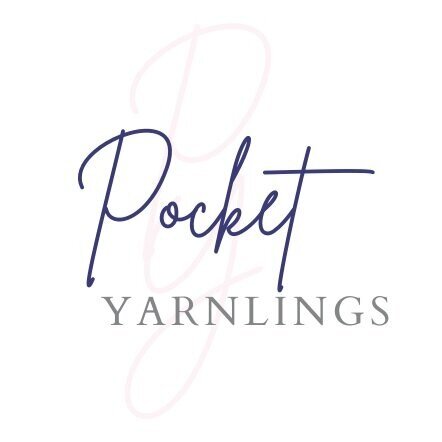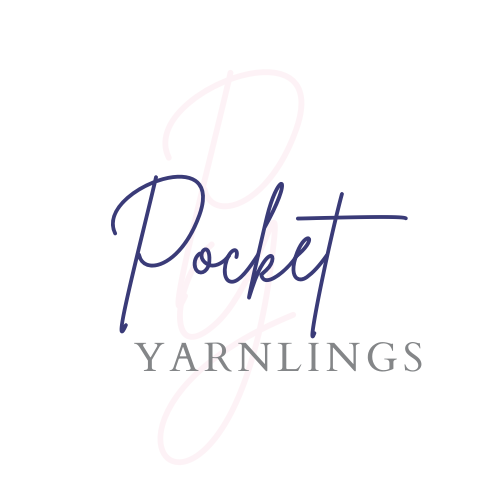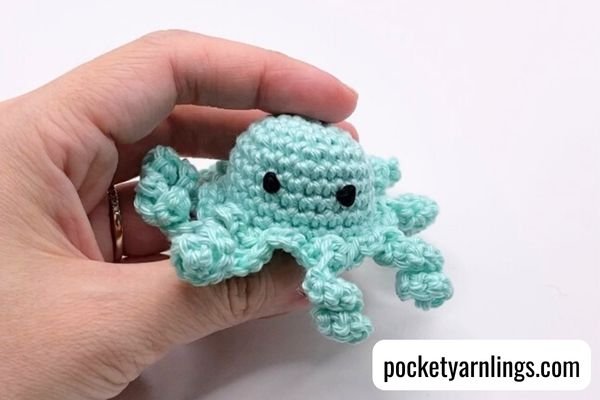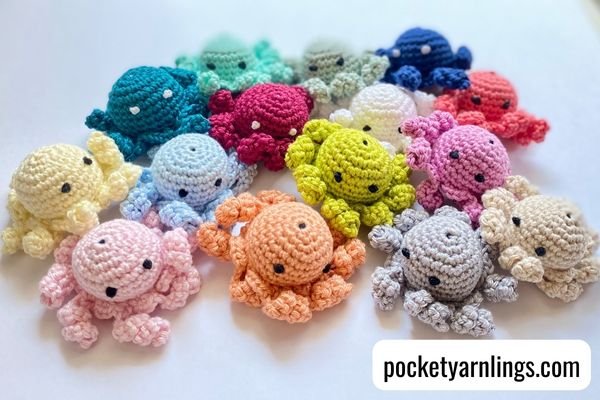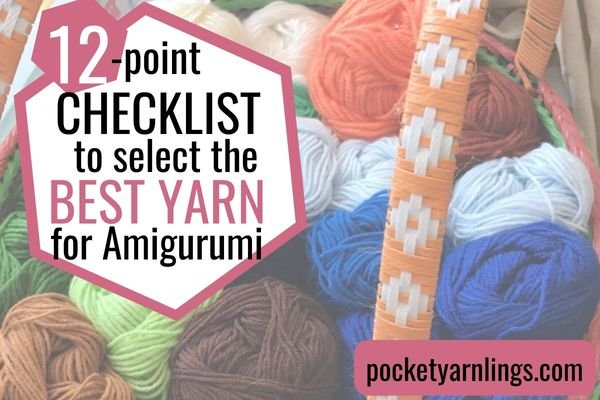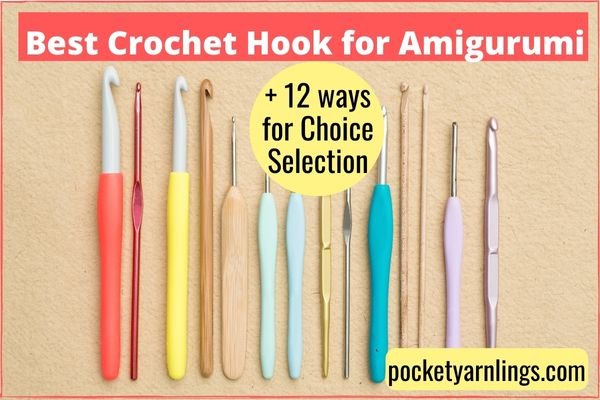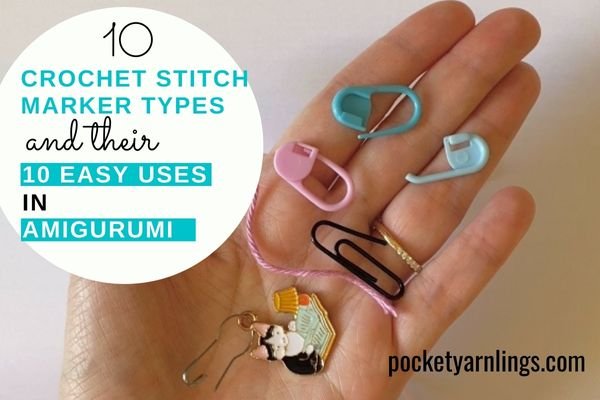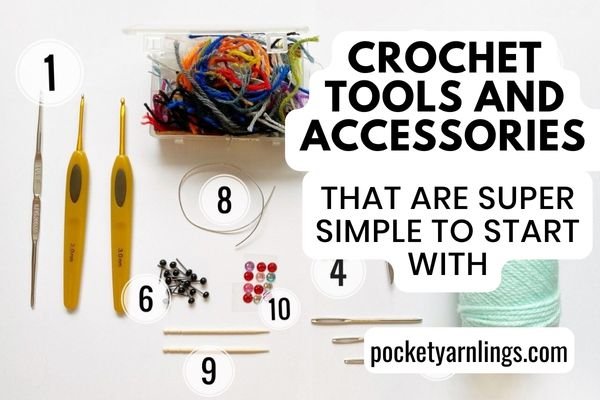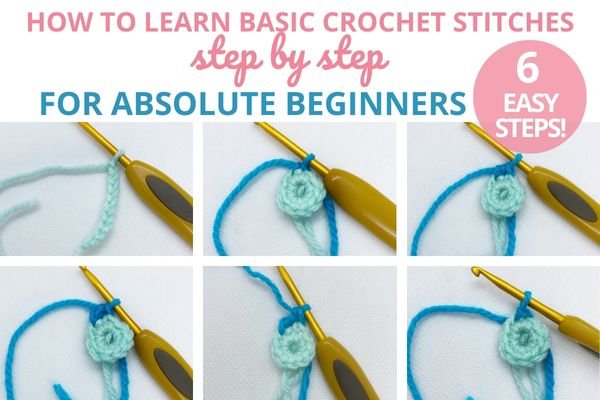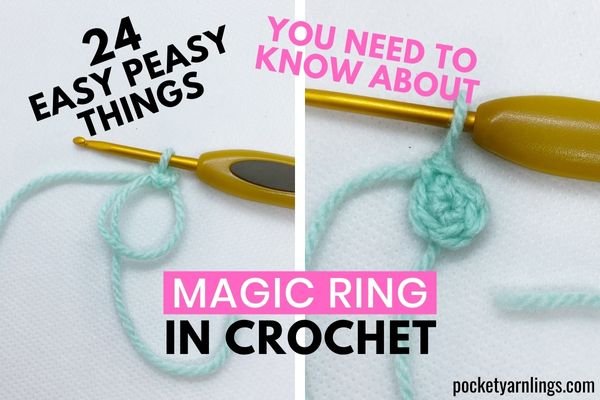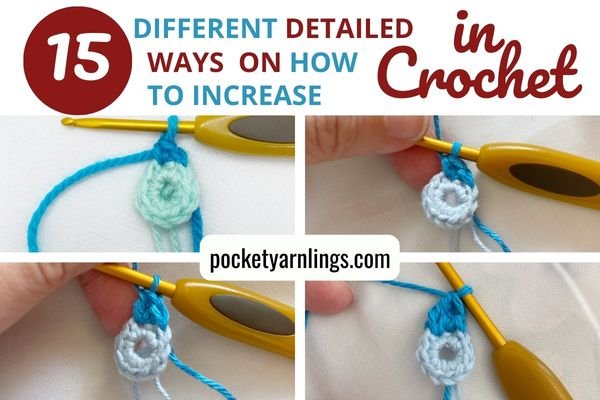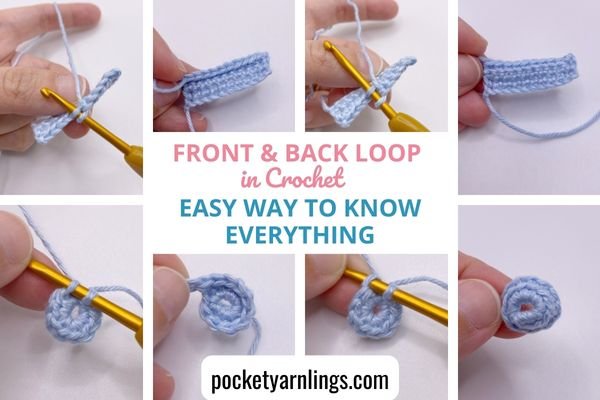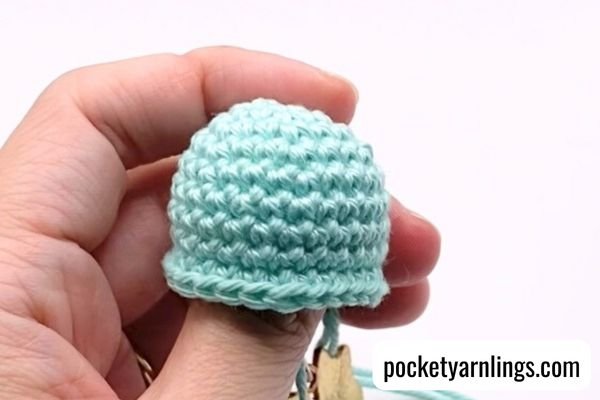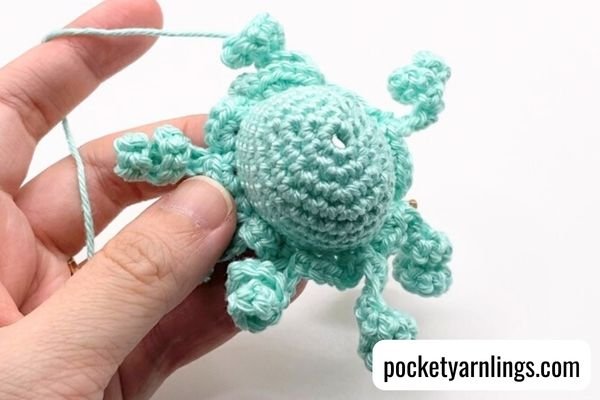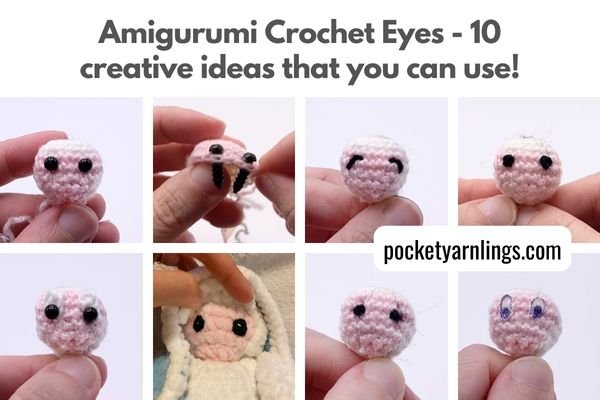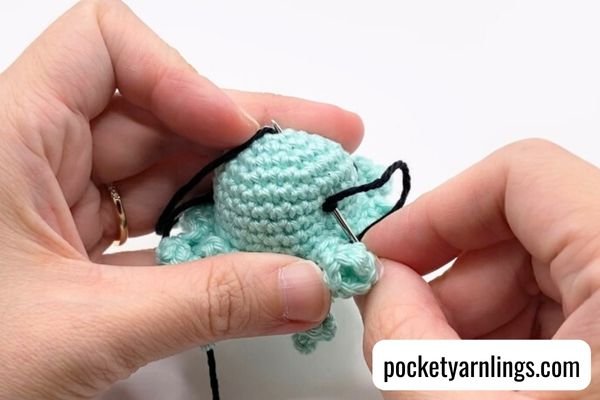Free Crochet Octopus Amigurumi Pattern
Crocheting has been a popular pastime for many years, with enthusiasts creating all sorts of items from blankets to clothing and even toys. Crochet octopuses are cute and cuddly creatures, perfect for children and adults alike, and they make great gifts for any occasion.
Octopus amigurumi is also a great way for beginner crocheters to work on making 3D toys without the pattern being too complex. They are often designed to be small and easy to hold, with long tentacles that can be wrapped around a person's arm or leg.
Table of Contents Show
What is a Crochet Octopus?
A crochet octopus or octopus amigurumi typically refers to an amigurumi, a stuffed crochet toy, designed in the shape of an octopus. Crocheters create these charming octopuses using various crochet stitches techniques and often personalize them with different colours and sizes. Amigurumi octopuses often feature a round head with safety eyes, a soft body, and eight tentacles. These cute creations are popular as toys, decorations, or gifts.
Why Make a Crochet Octopus?
Crocheted octopus are a popular item among crafters and collectors alike. They are often made with a variety of materials, including cotton, wool, and even recycled materials. Crocheted octopus can be found in a range of sizes, from tiny keychain-sized creatures to large, huggable plush toys.
Crocheted octopus have also become a symbol of comfort and healing. In recent years, hospitals and have begun using crocheted octopus as a way to soothe and comfort premature babies. We will talk more about this later because it is so fascinating!
Is crocheting an octopus hard?
For the most part, most octopus amigurumi patterns available online are pretty easy and are tagged at beginner level. This is because, the natural shape of the octopus lends itself to simpler 3D shapes like a sphere and the tentacles are curled spirals.
However, crocheting an octopus can vary in difficulty depending on the pattern you choose and your skill level. There are also realistic crochet octopus patterns that are more complex and difficult. Look for patterns labeled as suitable for beginners or those with clear instructions and step-by-step guides, especially if you are just starting out.
How long does it take to crochet an octopus?
The time it takes to crochet an octopus can vary depending on several factors, including the complexity of the pattern, the crocheter's skill level, and the size of the octopus being made.
Most simple and small octopus patterns may take under an hour, like the featured pattern here only takes about half an hour. More intricate patterns with fine details, larger sizes, or additional features may require several hours or even days to complete.
What are the Supplies needed for Crochet Octopus?
Here I will talk about all the general considerations and suggestions for each part in bullet points before mentioning the choices for the featured pattern below. As for the details on each particular section and how to select the right crochet supplies and narrow down your choices, I will link to an appropriate detailed article for each one - I hope it helps!
Yarn Selection for Crochet Octopus
Yarn weight – sport Yarn or DK Yarn to make mini octopus amigurumis, worsted or chunky yarn to make octopus plushies
Yarn colours – up to your imagination
Yarn material – acrylic or cotton are popular choices for amigurumi
Read more here about ‘12-point Checklist to Select the Best Yarn for Amigurumi’
Crochet Hook Selection
Basic cheap metallic hooks to start
Ergonomic hooks recommended if crocheting for hours – Clover Soft Touch, Etimo Tulip, Furls Crochet Hooks
Right hook size for yarn size – 3.0mm for smaller octopus amigurumi, 6.0mm for octopus plushie
Read more here about ‘Best Crochet Hook for Amigurumi and 12 ways for Choice Selection’
Stitch Markers
Make shift markers
Plastic markers
Metal markers
Read more here about ‘10 Crochet Stitch Marker Types and their 10 easy Uses in Amigurumi’
Crochet Tools and Accessories
Stuffing
Safety Eyes
Darning needles
Read more here about ‘My Crochet Tools and Accessories that are Super Simple to Start With’
Materials and Tools for Crocheting Octopus Pattern
Scheepjes Catona or any equivalent fingering or sport weight yarn
Version 1 - Greenish blue (25gm)
Version 2 - Light blue (25gm)
Black (stash for eyes)
Darning needle
Filling – use leftover yarn or polyester fiberfill
Scissors
Glass eyes (just for landmarking)
What are the Crochet Techniques needed for Crochet Octopus?
Below I have included the techniques commonly used to crochet octopus. I do use a variety and combination of them to create the basic shapes in the octopus amigurumi so it would be useful to know them before attempting the pattern I have listed below.
Basic Crochet Stitches
Foundation chain = ch
Single Crochet = sc
Read more about 'How to Learn Basic Crochet Stitches step by step for Absolute Beginners - 6 Easy Steps!'
Magic ring
Magic circle
Chain 2 and single crochet
Read more about '24 Easy Peasy things you need to know about Magic Ring in Crochet'
Increase Crochet
Increase crochet stitches in a round
Increase crochet stitches in a row
Read more about '15 different detailed Ways on How to Increase in Crochet'
Decrease Crochet
Decrease crochet stitches in a round
Decrease crochet stitches in a row
Read more about '15 different detailed Ways on How to Decrease in Crochet'
FLO and BLO
Working in front loops only
Working in back loops only
Read more about 'Front Loop and Back Loop in Crochet - the easy way to know everything'
Pin this image below if you found this article useful!
What is the Terminology for this Crochet Octopus Pattern?
Ch = chain
St = stitch (refers to number of stitches in one round)
2sc1 = single crochet increase (meaning 2 single crochet in same stitch)
Sc2tog1 = single crochet decrease
3sc1 = 3 single crochet in same st
Free Animal Shaping Starter Guide
How to Crochet An Octopus?
Here is the part where we talk about this Pocket Octopus, which is a beginner friendly pattern that can be made easily using some parts sewn together, but I’ve also included a no-sew version which is easier for intermediate crocheters to whip up even more quickly.
I’ll talk about the octopus head and body, which is combined and a spherical shape, then I’ll move onto the tentacles, closing up the base and finally the octopus eyes! Along the way, the pattern is included with step by step pictorial instructions so hopefully it’s easy to follow along!
How to Crochet Octopus Body?
Crochet Octopus Amigurumi Head and Body
Use the greenish blue yarn to start off.
Chain 2.
Round 1: 6sc1 into 2nd chain from hook – 6st
Round 2: 2sc6 - 12st
Round 3: (Sc1, 2sc1) x 6 - 18st
Round 4: (Sc2, 2sc1) x 6 - 24st
Round 5: Sc24 - 24st
Round 6-9: Repeat Round 5 - 24st
How to Crochet Octopus Tentacles?
Crochet Octopus Amigurumi Tentacles
Continue from octopus head and body into the tentacles below.
Round 10: [3sc2 FLO, (sc1 FLO, ch10, 2sc9, sc1 back into same st FLO)] x 8 - 64st
Fasten and end off. You see be able to see an obvious back loop border at the bottom of the piece.
Then finish up with base of the octopus, which can be done 2 ways:
Method 1
Use a new set of the same yarn using the same colour.
Chain 2.
Round 1: 6sc1 into 2nd chain from hook – 6st
Round 2: 2sc6 - 12st
Round 3: (Sc1, 2sc1) x 6 - 18st
Round 4: (Sc2, 2sc1) x 6 - 24st
Fasten and end off. Leave a long tail for attaching to the first piece.
String long tail through a darning needle and sew it down to the BLO border of the first piece.
Method 2
Or can make no-sew pattern as per the following:
Continue on from Round 10 above with the same yarn (no cutting involved).
Round 11: Sc2tog64 BLO – 32st
Round 12: Sc2tog16 – 16st
Round 13: Sc2tog8 – 8st
Round 14: Sc2tog4 – 4st
Close up in FLO and fasten off.
Doing invisible decreases in back loop only stitches can be pretty tight and challenging and if you have trouble doing it, I would suggest using the first method instead. I made many octopus for my daughter’s teacher day presents so I had to churn them out quickly so the second method was faster for me!
How to Make Crochet Octopus Eyes?
Crochet Octopus Amigurumi Eyes
The easiest method would be to use safety eyes, which means inserting in the middle of the project or using glass eyes, where you could insert it at the end and glue it down. For more ideas on different types of crochet eyes, check out this post on ‘Amigurumi Crochet Eyes - 10 creative ideas that you can use!’.
For this pattern, I have chosen to use French knot embroidery to make the eyes, which is safe for children!
1. Use glass eyes to landmark eye placements.
2. Thread in through head and out through to desired eye location.
3. Without removing yarn from needle, loop yarn close to head around needle twice.
4. Insert needle back into intended eye position.
5. And out through head again.
6. Insert back into top of head and out through next eye position.
7. Without removing yarn from needle, loop yarn close to head around needle twice.
8. Insert needle back into intended eye position.
9. Pull out needle through top of head again.
10. Cut off excess yarn and conceal ends inside head.
What are the Benefits of Crochet Octopus?
Crocheted octopuses are not only cute and cuddly, but they also have several benefits. Here are some of the benefits of having a crocheted octopus.
Therapeutic Uses
Crocheted octopuses have been found to have several therapeutic uses. Here are some of them:
Anxiety Relief: The tentacles of the crocheted octopus can be very soothing and calming. They can help reduce anxiety and stress levels.
Sensory Stimulation: The texture of the crocheted octopus can provide sensory stimulation. This can be helpful for individuals with sensory processing disorders.
Pain Relief: The tentacles of the crocheted octopus can be used to apply pressure to sore or painful areas. This can help alleviate pain and discomfort.
Educational Uses
Crocheted octopuses can also be used for educational purposes. Here are some examples:
Counting and Math Skills: The tentacles of the crocheted octopus can be used to teach counting and basic math skills.
Science Lessons: The crocheted octopus can be used to teach children about sea creatures and marine biology.
Fine Motor Skills: Crocheting an octopus can improve fine motor skills. Children can also practice their fine motor skills by playing with the tentacles of the crocheted octopus.
If you felt this post was amazing then remember to spread the love by pinning the image below to Pinterest so that others might find it and learn how to crochet an octopus too! I appreciate you so much for doing this!
Crochet Octopus Video
After referring to the pattern above, remember to check out the full video on how to crochet a octopus, from start to finish with nothing left out. It takes less than an hour and it includes captions with voice-overs as well. You can scroll to the specific parts that you are struggling when you are attempting the pattern above. Remember to also like the video and subscribe to my Youtube Channel so that when new amigurumi videos are released, you will know about it!
Octopus PDF Pattern
The Pocket Octopus PDF Pattern is an ad-free downloadable PDF printable, with checkboxes included and step-by-step pictorial tutorials. The pattern is easy for beginners, fast and no-sew. Just click on the image below or scroll down to the bottom of the page to find the pattern download.
Conclusion of Crochet Octopus
Thank you for joining me in crocheting this little pocket octopus. Remember to tag me @pocketyarnlings on instagram so I can see your makes too and I will feature them in my email newsletter. Here is how you can support me so that I can make more posts and videos for you in the future:
If you want to try the pattern for free, check out the pattern above with ads.
If you want to see the way the amigurumi is made in real-time, then check out the video on my Youtube channel here.
To check out more of my ideas for using various types of crochet stitch techniques to shape amigurumi animals, grab my free Animal Shaping Starter Guide below! Inside, get quick ideas on how to get started on shaping ears, snouts, cheeks, bodies and limbs for animals!
